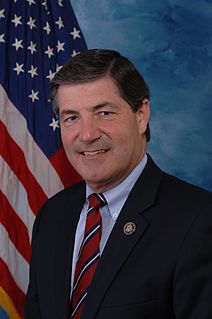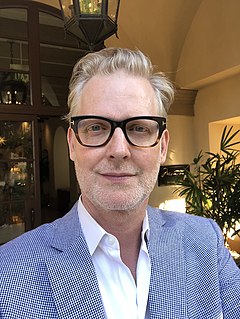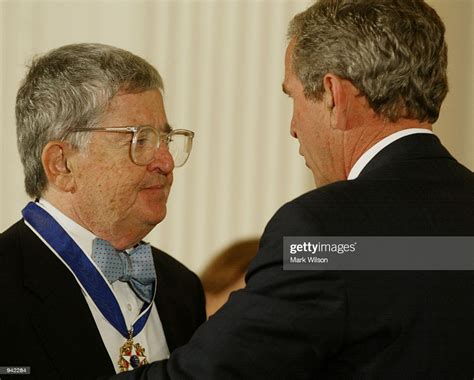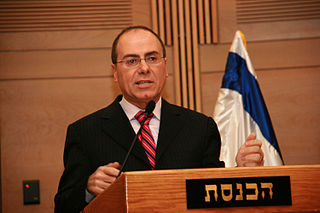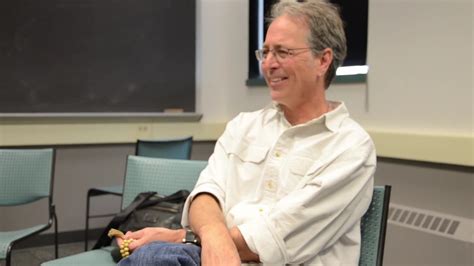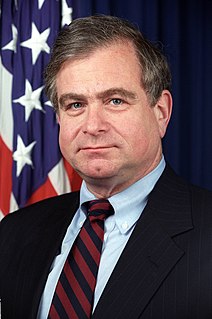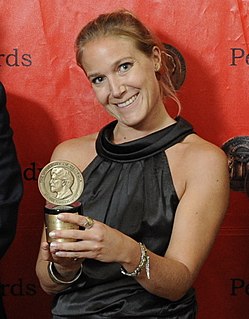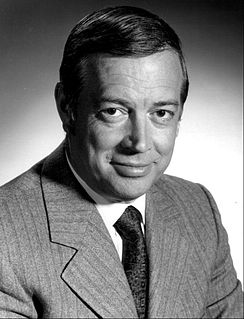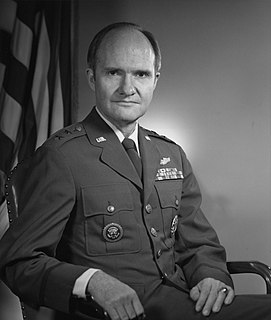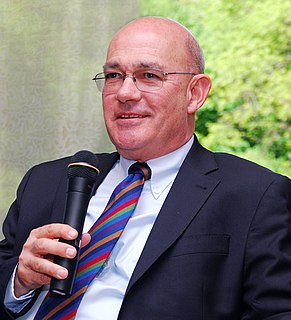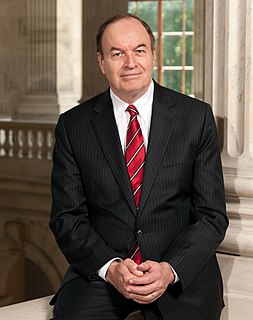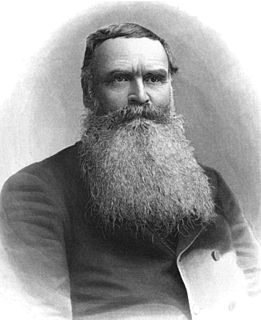Top 523 Hussein Quotes & Sayings - Page 6
Explore popular Hussein quotes.
Last updated on December 22, 2024.
If hemp could supply the energy needs of the United States, its value would be inestimable. Now that the drug czar is in final retreat, America has an opportunity to, once and for all, say farewell to the Exxon Valdez, Saddam Hussein and a prohibitively expensive brinkmanship in the desert sands of Saudi Arabia.
We (Israelis) always think that we're at the center of everything. It's true that we didn't make peace with Egypt and Jordan, but with two men, President Sadat and King Hussein. It is possible that we will have to restructure the peace and our relations (so that they are) between one people and another.
Reparations - not just aid - should be provided by those responsible for devastating Iraqi civilian society by cruel sanctions and military actions, and - together with other criminal states - for supporting Saddam Hussein through his worst atrocities and beyond. That is the minimum that honesty requires.
The media is uncritical, and their so-called the concept of objectivity translates into keeping everything within the Beltway. However, Iraq was quite different. Here, there were flat-out lies, and they sort of knew it. They were desperately trying to make connections between Saddam Hussein and 9/11.


